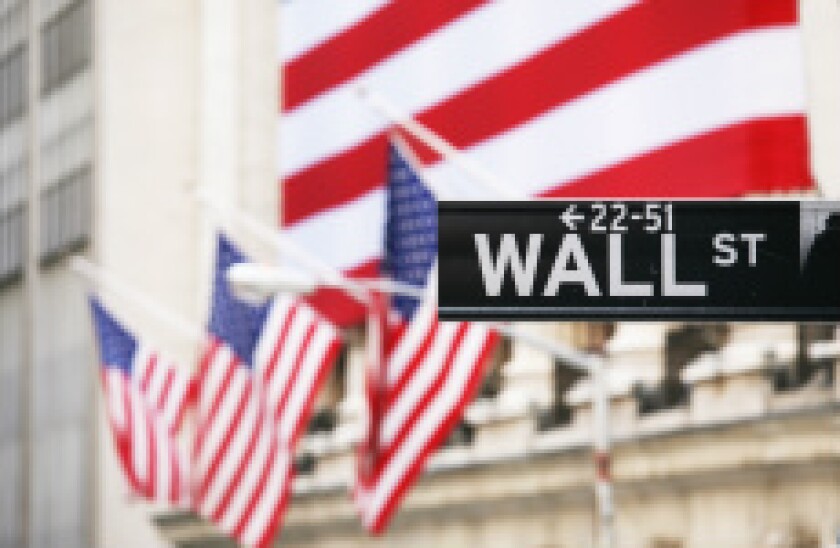Banks looking for regulatory relief should not hold their breath. While Trump said he wanted to dismantle Dodd-Frank during his campaign, the foundation of his presidential bid was relief for the working class, and he cannot be caught in bed with the same elites that Trump supporters accused Hillary Clinton of being so beholden to.
There is potential to water down Dodd-Frank, perhaps with the Financial CHOICE Act floated by House Financial Services Committee chairman, and Republican, Jeb Hensarling earlier this year. But even in a Republican held congress, finding the 60 votes needed will be tough if it means improving life for rich bankers. Their reputation is still tarnished on both sides of the aisle.
Risk retention, the Volcker rule, risk-based capital are here for the foreseeable and banks should behave as if they are real and inevitable.
The only question mark hangs over the Consumer Financial Protection Bureau. After a court ruling that decided its director serves at the authority of the president, the incumbent, Richard Cordray, may not be filling his work calendar too far ahead. Trump may not dismantle the agency but he could install someone more willing to play nice with the banks.
Ultimately for Wall Street, Trump — like in so many policy areas — is a complete wildcard; a candidate who has made only flip-flopping statements regarding banking regulation if he addressed it at all. He simultaneously said he would roll back Dodd-Frank and proclaimed the need for a 21st century Glass-Steagall Act. Pro-business policies like corporate tax cuts seem surer bets but there is little obvious for now for Wall Street to cheer.

